The Chamber of Foreign Trade (Gecex-Camex) in Brazil has raised import tariffs on various steel products. This move has caused mixed reactions from Brazilian metallurgists, despite its exclusion of flat products, which are of primary concern to local producers.
The five products that will face increased tariffs are as follows;
7214.20.00 – Bars and rods of iron or nonalloy steel, hot-toothed, ribbed, grooved, or embossed, obtained during rolling or twisted after rolling.
7304.19.00 – Other seamless hollow tubes and sections, of iron or steel, of a kind used in oil or gas pipelines.
7304.29.39 – Other tubes and tubes of alloy steels, uncoated, seamless, for casing wells, etc.
7306.30.00 – Other welded tubes and tubes, of circular cross-section, of iron or nonalloy steel.
7306.61.00 – Other welded tubes and tubes, of square or rectangular cross-section.
According to Gecex-Camex, the Import Tax for one of these products will rise from 10.8% to 12%. The tariff on two items will increase from 12.6% to 14%.
According to data from the Brazilian Steel Institute, steel production in the country saw a decline of 6.5% in 2023 compared to 2022, amounting to 31.9 million tons. The main reason for this downturn is attributed to heightened competition from imports, which surged by 1.5 times, totaling approximately 5 million tons.
Throughout the year, Brazil witnessed significant imports of steel, including 3.1 million tons of flat products and semi-finished goods, predominantly from China. Notably, there was an unexpected arrival of 227.2 thousand tons of Russian slabs, despite Brazil being a major exporter of slab. Reports from S&P Global indicate that domestic prices for HRC in Brazil during 2023 averaged 20% higher than imported prices, thus supporting the government's decision to refrain from increasing tariffs on this specific category of products.


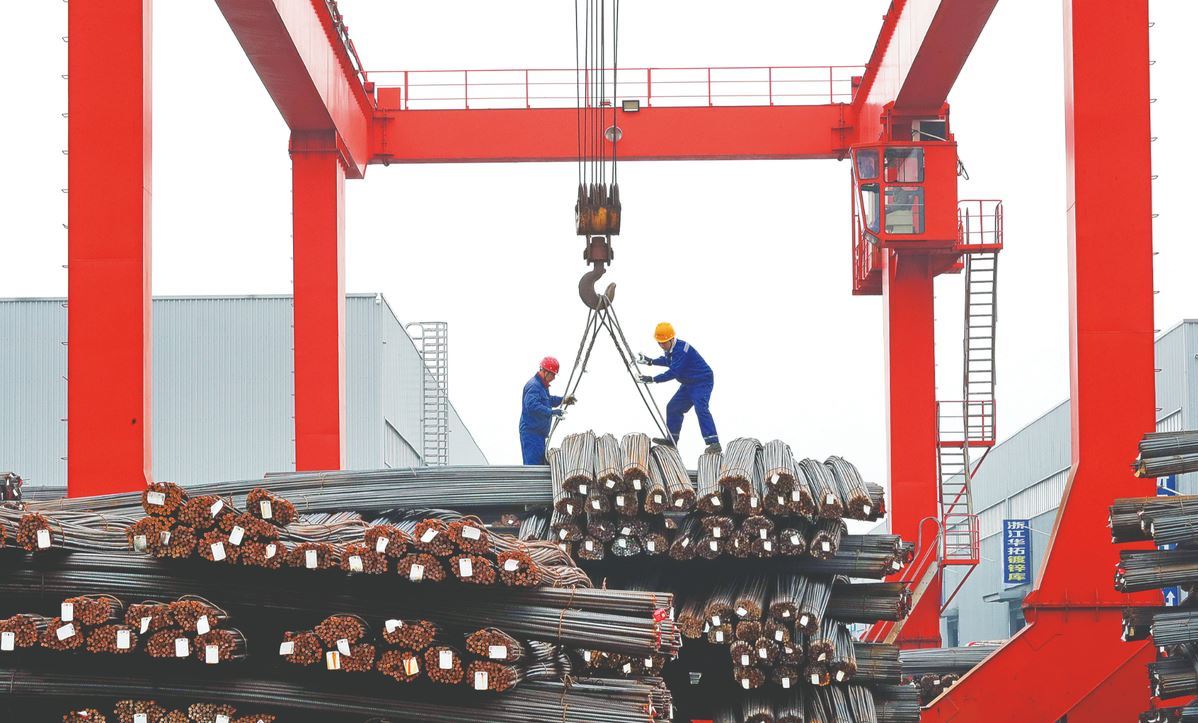

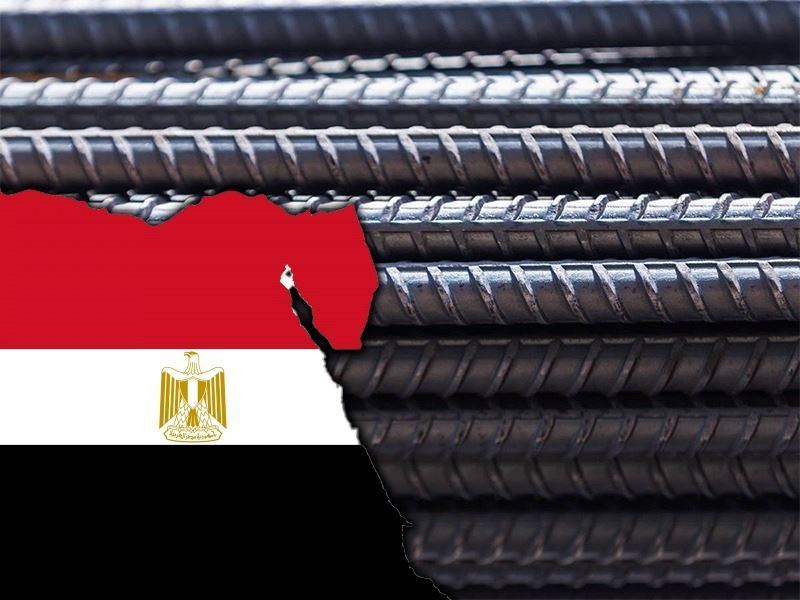
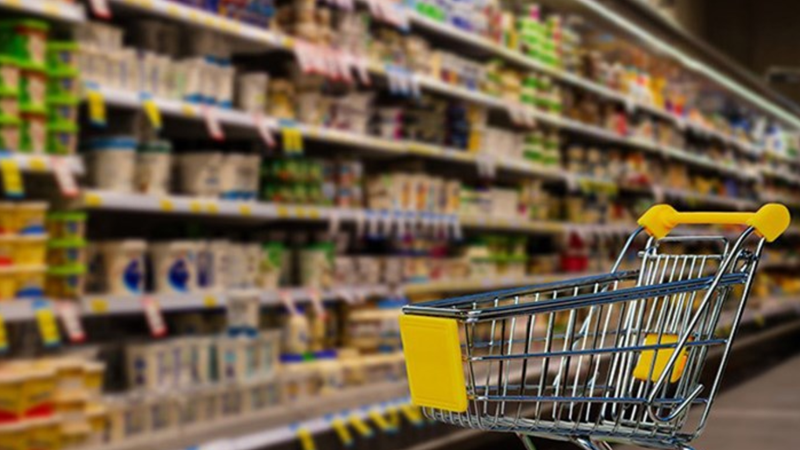
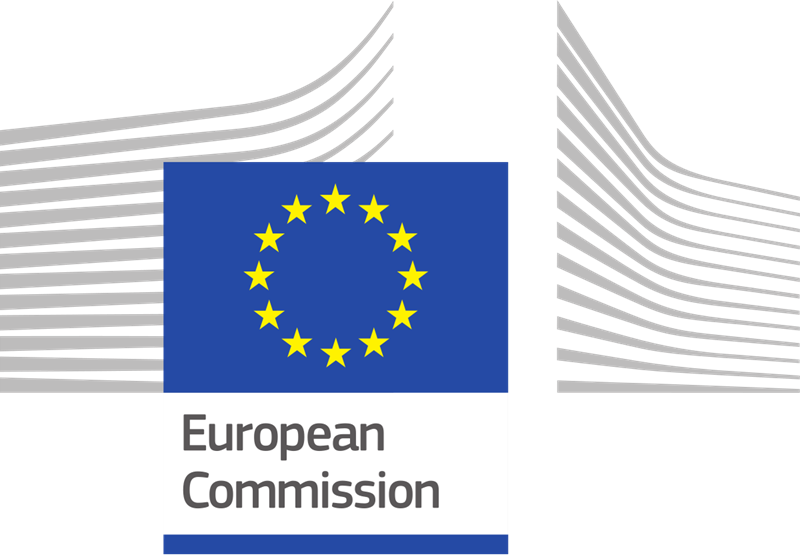
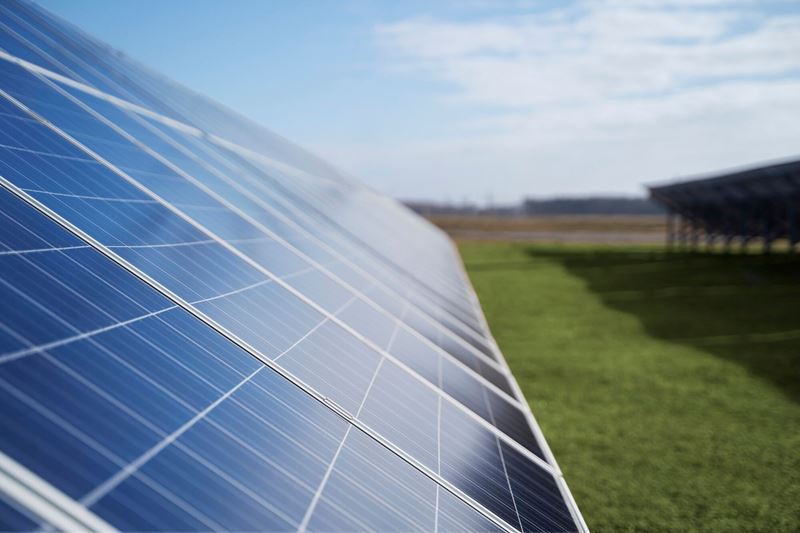



Comments
No comment yet.